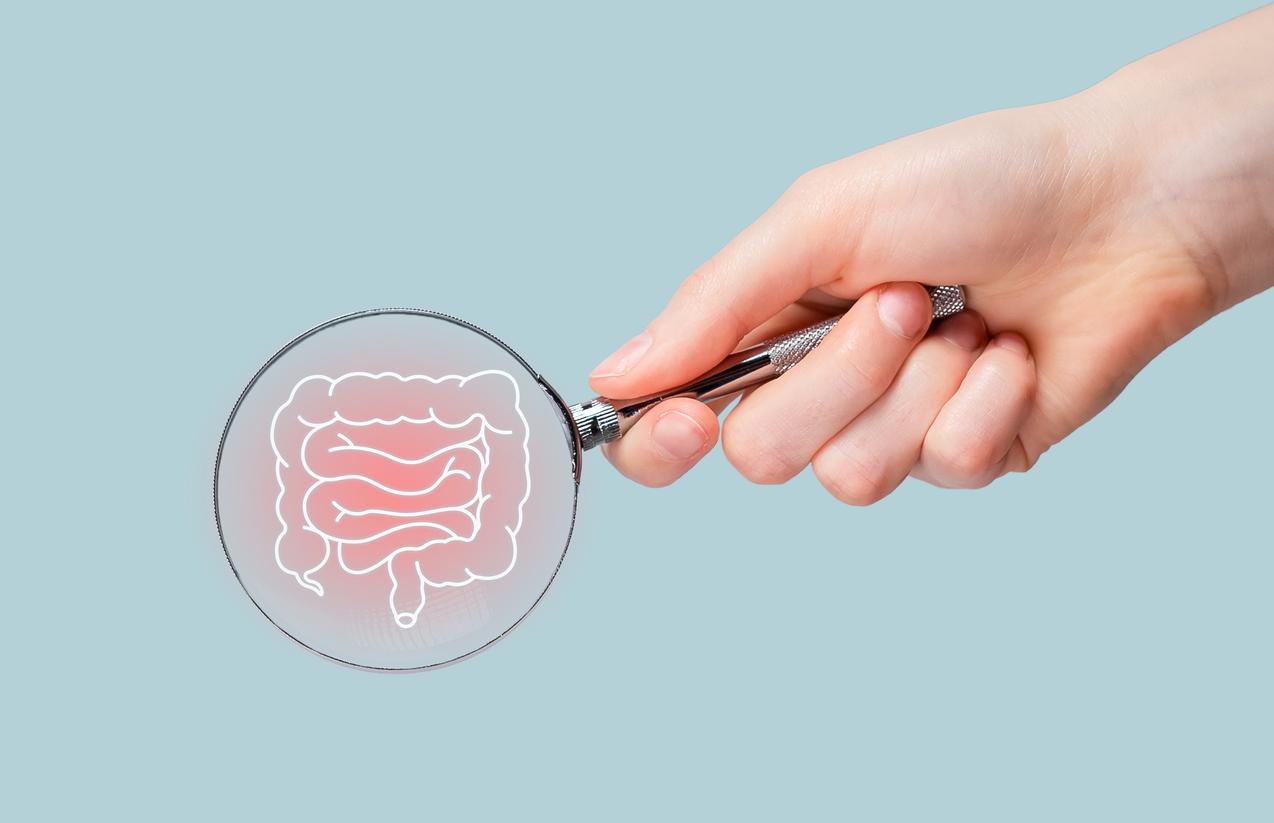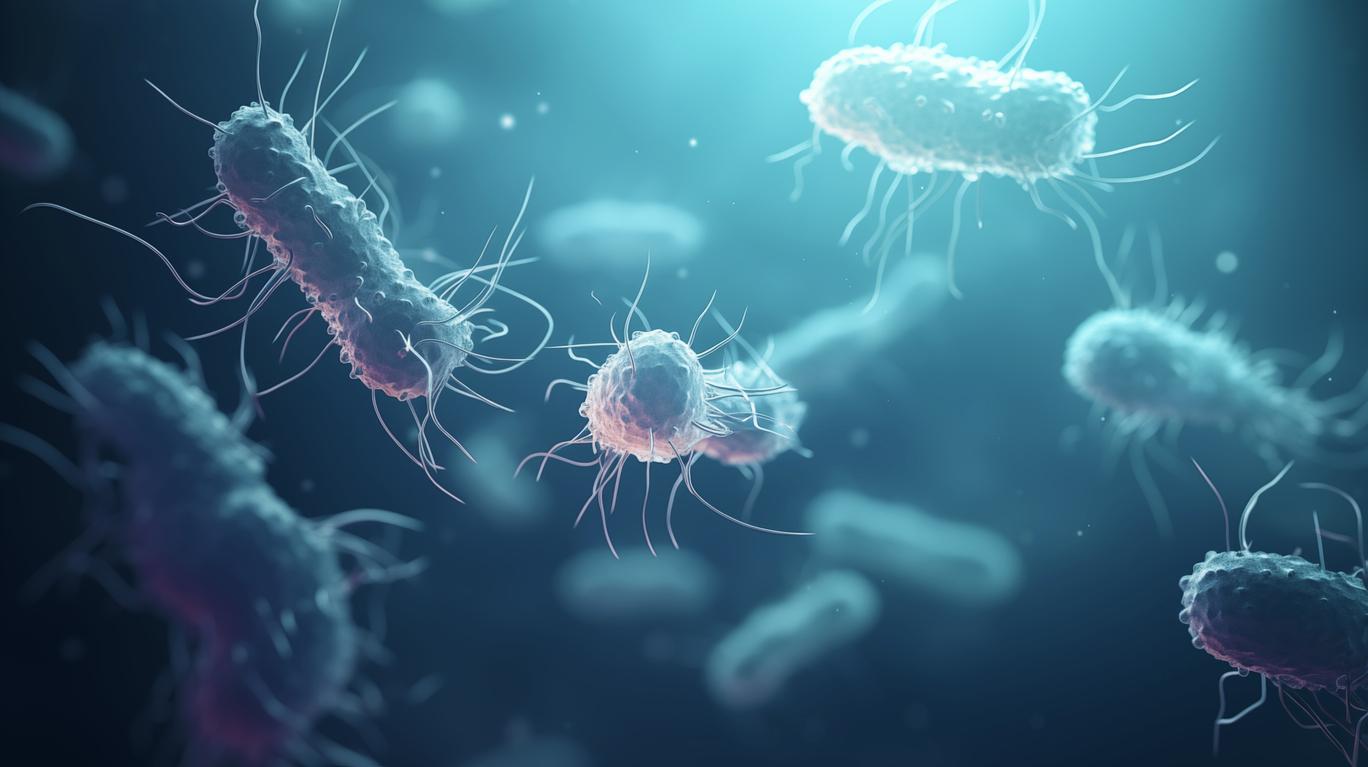A study observed a new mechanism involving oxytocin and the bacteria L. reuteri, present in the intestinal microbiota.

- Nicknamed “the love hormone”, oxytocin is believed to influence trust, empathy, social bonds and sexuality.
- This hormone is primarily produced in the hypothalamus, a region of the brain involved in the regulation of eating and social behavior.
- But researchers have observed that the L. reuteri bacteria also acts on the secretion of oxytocin in human intestinal tissue.
Oxytocin is a hormone involved in pregnancy, childbirth and breastfeeding, but it also plays a role in confidence, empathy, sexuality and sociability. The different effects of oxytocin have therefore earned it different nicknames such as: “love hormone”, “attachment hormone”, “happiness hormone”.
Is oxytocin produced by the intestines?
Researchers at Baylor University (United States) recently observed a link between oxytocin and the bacteria L. reuteri, present in the intestinal microbiota.
“Oxytocin is primarily produced in the hypothalamus, a region of the brain involved in the regulation of eating and social behavior, as well as in other organs. Since other hormones produced by the brain are also produced in the intestine, we tested the hypothesis that oxytocin was also produced in the intestinal epithelium [ndlr la couche de cellules qui recouvre les villosités de l’intérieur de l’intestin] where L. reuteri usually resides”explained Dr. Heather Danhof, co-author of the study and assistant professor of molecular virology and microbiology at Baylor University.
The bacteria L. reuteri acts on the secretion of oxytocin in the intestinal tissue
As part of this research published in the journal Gut Microbes, scientists studied single-cell sequencing of the intestinal epithelium, which shows which genes are expressed in this tissue. The team then observed that oxytocin genes are expressed in the epithelium of various species such as mice, macaques and humans.
Using fluorescence microscopy, a technique that allows the observation of naturally fluorescent elements, researchers have also noted the presence of oxytocin on human intestinal organoids, which are laboratory models of intestinal tissue reproducing a large number of its functions and its structure. “Finally, the most important moment was the visualization of oxytocin in human intestinal tissue samples, demonstrating that oxytocin is an intestinal hormone”noted Dr. Sara Di Rienzi, co-author of the study and assistant professor of molecular virology and microbiology at Baylor University.
This study also identified a mechanism by which the L. reuteri bacteria acts on oxytocin secretion in human intestinal tissue and in human intestinal organoids. This bacteria notably stimulates the enteroendocrine cells of the intestine, in order to cause the release of the intestinal hormone secretin. This hormone then stimulates the enterocyte, another type of intestinal cell, which releases oxytocin.

















